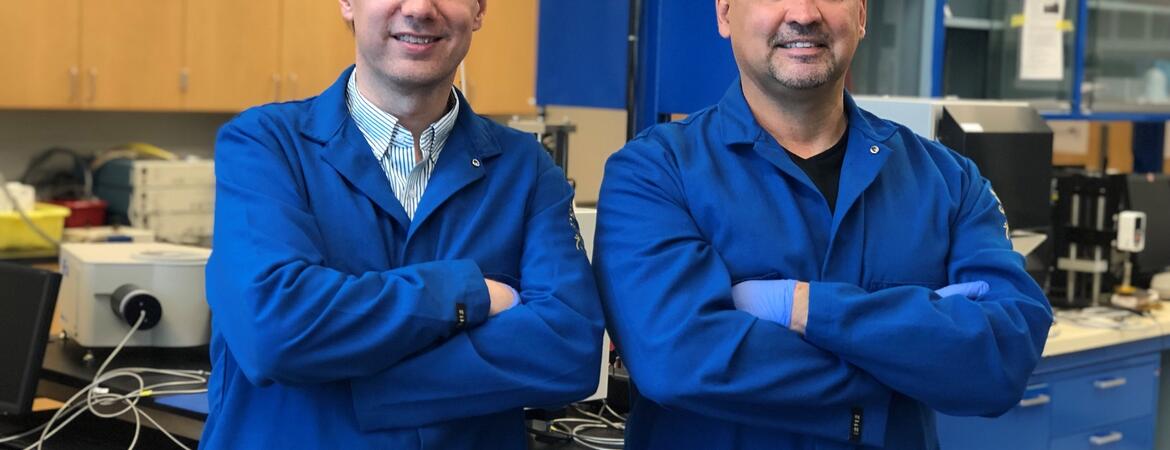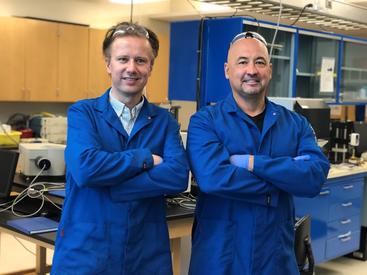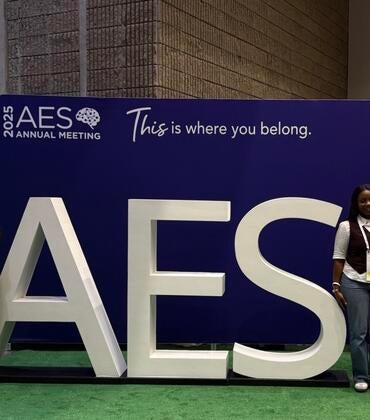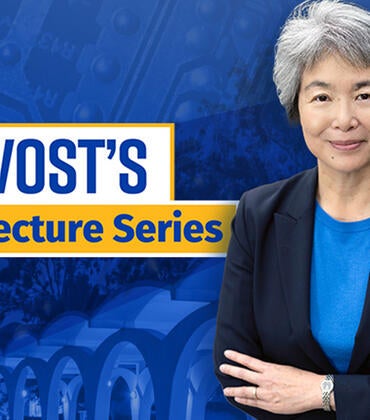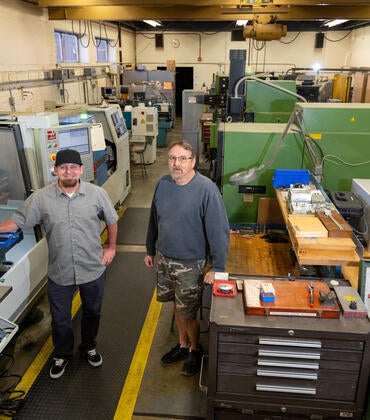Alexander Balandin, a distinguished professor of electrical and computer engineering at UC Riverside and Ludwig Bartels, a professor of chemistry, have received a $1.12 million grant from the National Science Foundation (NSF) to conduct data-driven discovery, synthesis, and characterization of a unique new class of materials, referred to as one-dimensional van der Waals bonded solids.
Two-dimensional van der Waals materials such as graphene exhibit numerous exotic properties, such as the extremely high thermal conductivity of graphene, discovered at UC Riverside. Unlike two-dimensional layered materials, the one-dimensional layered materials have received relatively little research attention, until today. However, they are likely to exhibit many of the useful properties of their two-dimensional counterparts and offer even more variety in electrical and thermal characteristics.
The new NSF project will explore a recently discovered class of more than 400 materials that form one-dimensional van der Waals wires of bonded atoms surrounded by gaps, avoiding any unsaturated atoms at the wire perimeter. A combination of predictive computational techniques, chemical preparation, and physical characterization will be used to identify a spectrum of scientifically interesting and technologically relevant properties of these materials with a focus on electrical transport properties, mechanical response, and phase transformations. The project will address the unique properties of one-dimensional materials and their possible applications in future electronic, optoelectronic and spintronic devices.
The interdisciplinary project involves collaboration with Evan Reed, an associate professor of materials science at Stanford University, who has a separate budget from NSF for this research. Reed previously cooperated with Balandin and Bartels to demonstrate extremely high electrical current densities and electromigration activation energies in one-dimensional van der Waals metallic nanowires.
The Stanford group will provide computational support for the experimental activities conducted at UC Riverside. The nanofabrication required for investigation of one-dimensional van der Waals solids will be conducted in the Center for Nanoscale Science and Engineering (CNSE)–Nanofabrication Users’ Facility at UC Riverside.
